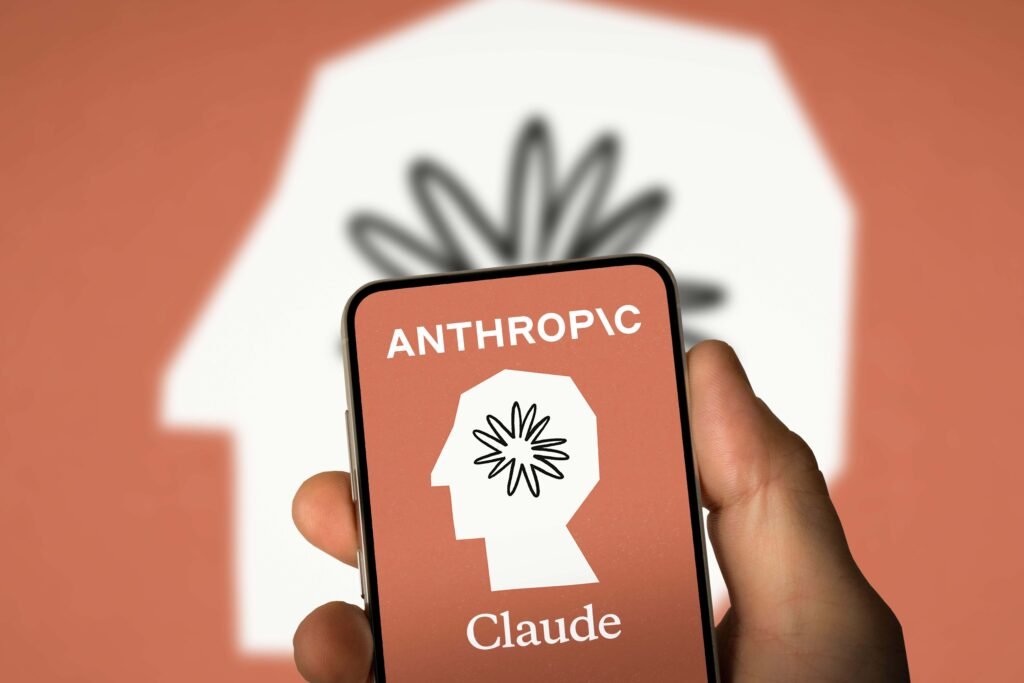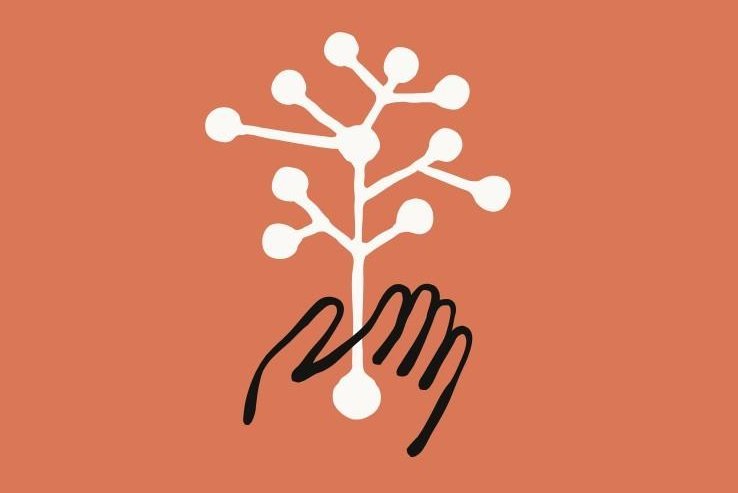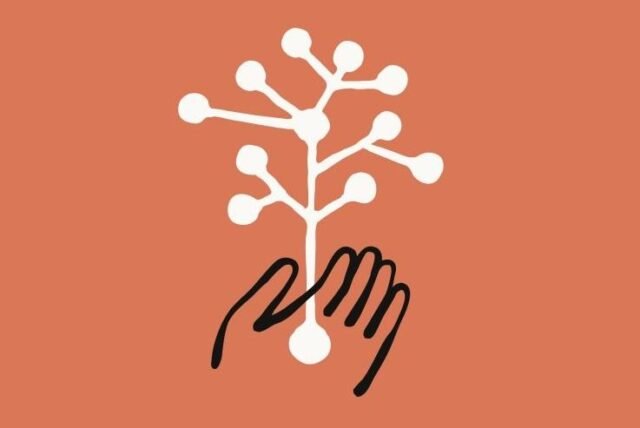Artificial intelligence company Anthropic has launched a new platform called Claude for Life Sciences, an initiative aimed at helping scientists and researchers integrate AI into their everyday research work. The product, built on Anthropic’s powerful Claude model, is designed to make complex research processes easier, faster, and more collaborative.
With this launch, Anthropic is sending a strong message: AI is no longer just a tech-industry tool—it’s becoming a research companion for scientists in medicine, genetics, and biotechnology.
The new platform gives researchers access to AI-powered literature reviews, hypothesis generation, data analysis, and report drafting, all in one environment. Instead of juggling multiple applications, Claude for Life Sciences unites key scientific tools under a single, user-friendly system.

Table of Contents
A New Kind of AI Assistant for Scientists
What makes Claude for Life Sciences stand out is how it connects with the research ecosystem. Anthropic has built direct integrations with trusted tools and databases that scientists already use—such as Benchling for lab management, PubMed and Wiley’s Scholar Gateway for literature, Synapse.org for data sharing, and 10x Genomics for genomic workflows.
It also includes a curated set of scientific prompts—templates that guide users in structuring tasks such as writing protocols, generating standard operating procedures (SOPs), or drafting consent forms. This reduces the learning curve and ensures more accurate results even for researchers who are not AI experts.
Anthropic’s built-in Claude Code feature also lets computational biologists and data analysts run and interpret code directly inside the system. This makes it possible to analyse sequencing data, visualise results, and present them as documents, slides, or even publication drafts—all within one workspace.
In essence, Claude for Life Sciences aims to take away the technical friction that slows research. Whether it’s generating a regulatory submission or exploring genomic patterns, the AI platform helps researchers focus more on insights and less on administrative tasks.
Why It Matters to Global and Nigerian Researchers
The launch is particularly significant for regions where access to advanced computational tools has been limited. In Nigeria and across Africa, where research often faces infrastructural and funding constraints, a unified AI platform like this could make scientific work more efficient.
For example, Nigerian universities studying public health, tropical diseases, or genomics can now use Claude’s tools to summarise global literature, analyse datasets, and draft reports faster—all without needing expensive in-house systems.
This move also reflects a broader trend in the tech world: the shift from generic AI models to domain-specific AI assistants. Anthropic’s focus on life sciences shows that the future of AI is not just in chatbots or content writing—it’s in transforming professional research itself.
At Stanford University, Associate Professor James Zou noted that Anthropic’s AI tools have already proven valuable in projects like Paper2Agent, which transforms research papers into interactive AI “co-scientists.” This hints at a future where AI is not just analysing data, but also interpreting and collaborating in real-time with human researchers.

Access, Ethics, and the Future of Scientific AI
Claude for Life Sciences is now available via Claude.com and the AWS Marketplace, with plans to launch soon on Google Cloud. This multi-platform rollout suggests that Anthropic is preparing for wide global adoption.
However, its success—especially in Africa—will depend on several factors:
- Accessibility and cost – Whether Anthropic provides affordable or academic licensing for institutions in developing countries.
- Data protection – Ensuring compliance with local data-privacy laws, such as Nigeria’s Data Protection Act, when handling sensitive clinical or genomic data.
- Training and capacity building – Researchers will need hands-on training to use the AI tools effectively and responsibly.
- Localisation – Adapting the system to regional research needs, from tropical medicine to agricultural biotech.
As AI becomes more embedded in research, ethical concerns will also grow. Issues like bias in datasets, over-reliance on AI-generated analysis, and the transparency of algorithms will need continuous oversight. Anthropic’s “Constitutional AI” approach—where models are trained with clear ethical principles—could help address some of these risks.
For Nigerian researchers, this could be a major turning point. Imagine a malaria-research team in Ibadan using Claude to synthesise thousands of academic papers overnight, or a biotech start-up in Lagos analysing gene-expression data without needing an expensive bioinformatics department.
Such examples show how AI can narrow the research gap between developing and developed nations—if accessibility is prioritised.

A Glimpse into the Future of AI-Driven Discovery
Anthropic’s Claude for Life Sciences is not just a tool—it’s a sign of how scientific research is evolving. By bringing AI closer to the researcher’s bench, Anthropic is helping redefine what collaboration in science looks like.
The company’s long-term goal appears to be building trustworthy AI systems that act like collaborators, not replacements. For researchers, that means getting a digital partner capable of summarising literature, writing drafts, checking compliance, generating hypotheses, and even suggesting experiments.
Still, real impact will depend on local adoption. For scientists in Nigeria and other developing countries, Anthropic’s move opens a door to new possibilities—but only if infrastructure, affordability, and digital skills grow alongside it.
In all, Claude for Life Sciences represents a bridge between AI innovation and real-world research impact. It’s another reminder that the future of discovery won’t just be powered by human intelligence—it will be co-authored by artificial intelligence, too.
Join Our Social Media Channels:
WhatsApp: NaijaEyes
Facebook: NaijaEyes
Twitter: NaijaEyes
Instagram: NaijaEyes
TikTok: NaijaEyes





